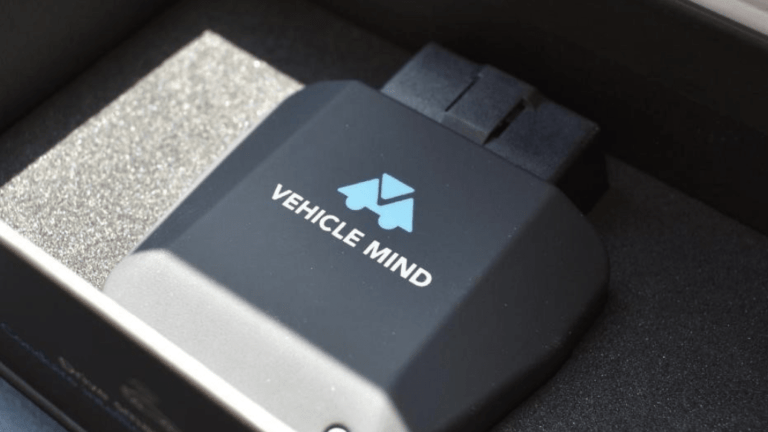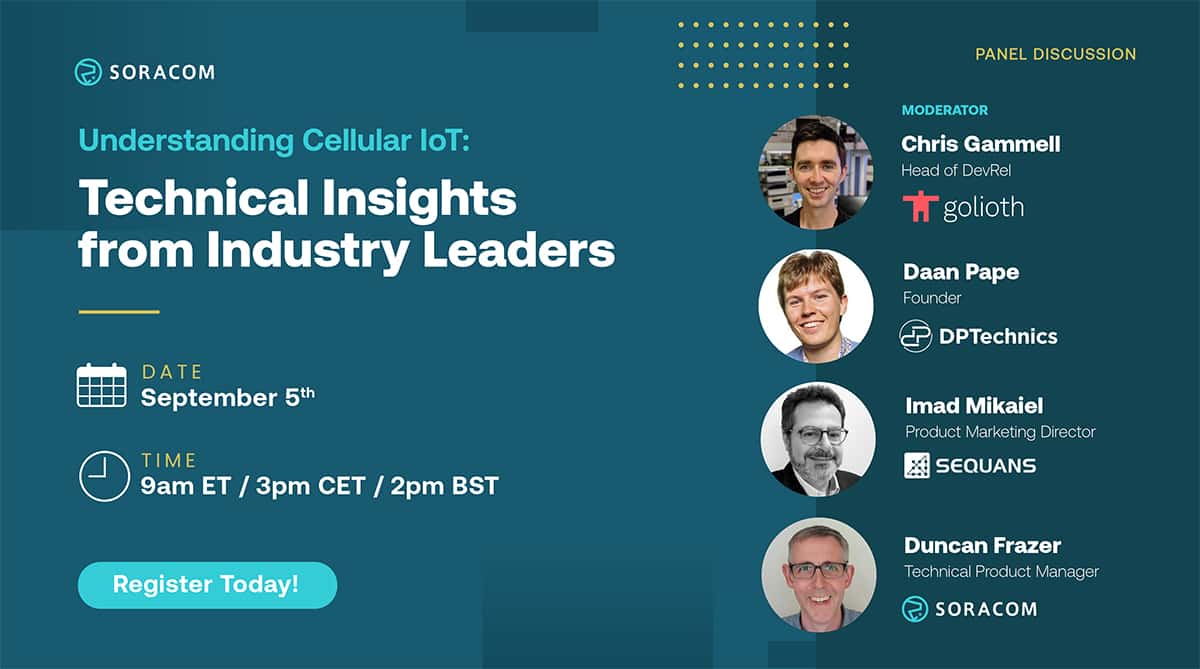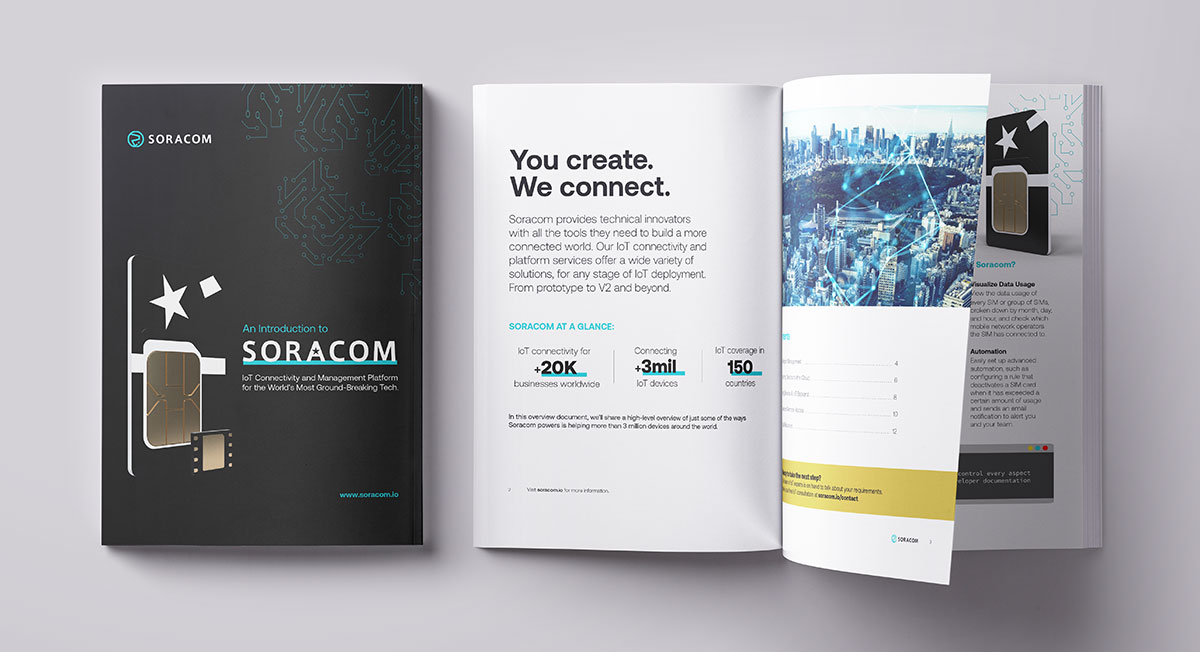IoT Builder Spotlight: Abhay Ghatpande (Vehicle Mind)

Vehicle Mind: IoT-driven Automotive Intelligence for Every Driver
For many people around the world, owning and operating a vehicle is a necessity for daily life. But when electronic systems or specialized mechanical parts fail unexpectedly, the financial impact on a household can be severe. Passenger vehicles have become costly enough that the average American car loan term is now over 70 months, so replacement is not an option.
To tackle this economic problem, Montreal-based Vehicle Mind has created an IoT-powered “virtual mechanic” that connects to a vehicle’s onboard diagnostic systems to give owners a deeper level of transparency and predictability regarding their vehicle’s current condition and future maintenance needs.
The device plugs into a car’s OBD-II port and communicates with the Vehicle Mind smartphone app over 4G/LTE to provide status and diagnostics at a glance.
In addition, the app equips drivers with digital maintenance tools such as service timeline tracking, automated reminders, and even driving scores to help drivers keep their vehicles in ideal condition.
Following two years of development and testing, Vehicle Mind is now operational across Canada. We sat down with Abhay Ghatpande, co-founder and CTO at Vehicle Mind, to learn about the company’s journey to date and plans to modernize the automotive experience for a connected generation of drivers.

+++++
How did you find yourself on the path of entrepreneurship?
After living in Japan for 11 years, I moved to Montreal to work on my postdoc at McGill University where I focused on distributed computing and sensor networks. I knew that academia wouldn’t be a long-term path for me, so I went out and got a job.
I discovered something interesting about myself that I don’t fit into a typical career path or profile. After 3 years of working in my industry, I became an independent consultant to help companies build products that involved a connectivity component.
Why is IoT connectivity so fascinating and important to you?
Right now, we cannot imagine a world without IoT connectivity. It is at the center of all new technology. More and more things are going to get connected in the future.
What led you to co-found Vehicle Mind?
I had some bad experiences with maintaining my own vehicle.
When I moved to Canada from Japan, I needed to import my car and go through a mandatory inspection. It’s something that immigrants dread due to the cost. But it’s important to make sure that cars on the road are safe and in good condition.
Going through the process, I was surprised to learn about the lack of certifications and standards in the aftermarket vehicle industry. I also experienced a lack of transparency around maintenance costs. When I went online to seek information, it was difficult to find authoritative sources. Information was scattered everywhere.
Around this time, I met my eventual co-founders who were experiencing similar frustrations. We said, “Okay, this is a problem that is solvable.”
How did you start thinking about the problem?
First and foremost, we were interested in the topic of data. One of the biggest problems with cars is that data is not readily available — the industry is opaque, and auto manufacturers are reluctant to share information that they are collecting.
One of our focus areas from the very beginning has been to begin collecting this data to create more accurate alerts for car maintenance needs.
We connect different sensors from the cars to collect parameters and data. From there, we can create inferences about the type of maintenance required.
What are some challenges that you’ve encountered?
Sometimes, people struggle to understand the scope of our vision. There are many components to it. To provide simplicity to our customers, we’ve created a complex solution under the hood.
It’s not just a piece of hardware that plugs into a car. That’s actually the very beginning of the journey. Behind the scenes, you have data coming into the backend from all of the services that we have.
What were some pivotal moments in your thinking?
At first, we thought that we would replace the need for certain strategic roles that mechanics take on. But as we moved forward, we realized that we need to be working with them rather than against them.
These businesses serve an important role in serving the vehicle owner. We need to make this experience more collaborative rather than taking it away.
It was an important moment for us to realize that we can’t just build something for the end-user. We are building digital tools for garages — we cannot ignore this mission-critical side of the market.
Are there forces in the market that you are tapping into?
There’s a “right to repair” movement in which car owners are demanding a higher level of transparency and access to their vehicle’s data. New legislation is being passed to ensure OEMs will share car data with consumers and garages to better control repairs over their cars.
Currently, we only have a subset of data available to us. We barely have access to 30% of the data that is available with a car. We are continuously thinking about the best way to access that information based on what best empowers garages and their consumers.
We have a right to freedom, to repair our own vehicles as owners who have purchased them.
We are also thinking about sustainability and the eventual transition to electric vehicles. Given that it will take several decades to get there, we need a way to reduce emissions right now. By empowering consumers to maintain their vehicles, we anticipate that we will be able to help vehicles pollute less.
Recently, we began working with a company that offers carbon offsets. We are able to calculate the CO2 emissions (and reductions) for every vehicle in our network.
We don’t want to be a token for sustainability — we want to do something real.
What advice do you have for founders and technologists who similarly want to build something valuable for the greater good of society?
If you don’t try, nothing will happen. You have to try.
It might take time, but if it’s something that you believe in — and you want to make that change — you cannot get discouraged and not try. There will always be people who will help you. So don’t be afraid to ask for help — and to go out and meet new people. Don’t be afraid to ask for mentorship.
We spent over a year trying things out before moving into this full-time.
+++++
Check out the case study to learn how Vehicle Mind is helping drivers take control of their vehicles’ maintenance and safety and steer clear of costly surprises using IoT.



